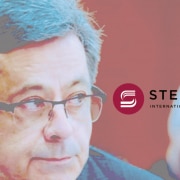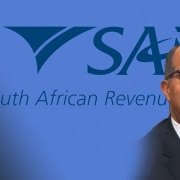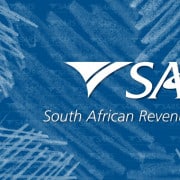|
Getting your Trinity Audio player ready...
|
By Tawanda Karombo
First published on IOL
It is six years since the former CEO of Steinhoff International, Markus Jooste, stepped down from the firm in December 2017 after massive accounting fraud came to light, and yet he is still not behind bars.
Corruption Watch said in December that South Africa should do a lot more to translate rhetoric about fighting corruption involving high-profile cases such as the masterminds of the Steinhoff scandal into successful prosecutions and penalties.
The collapsed Steinhoff has been the most significant and high-profile corruption case to rock corporate South Africa in recent years. The Johannesburg and Germany dual-listed multinational company was liquidated in October 2023 after investigations showed that it had overstated profits over several years in an accounting scandal.
However, there has been no criminal action against Jooste, who resigned from the company after the scam. The absence of formal criminal or civil charges against Jooste has raised concerns about South Africa’s commitment and sincerity to fighting high-level corruption in the corporate and private sector.
Karam Singh, the executive director at Corruption Watch, told Business Report by phone: “One would have expected to see charges by now … The JSE and others have successfully acted against Jooste and I think there’s still a strong expectation from the South African public that we see some accountability for what happened to Steinhoff.”
The JSE fined Jooste about R15-million for violations against its listing rules and for falsifying financial statements for Steinhoff. Jooste was also barred from holding an office in listed companies for the next 20 years. The South African Reserve Bank (SARB) in 2022 seized assets worth up to R1.4-billion from Steinhoff and his family trust.
The actions of Jooste and other executives at Steinhoff crushed the company after it lost nearly 100% of its market value in the aftermath of audit company PwC refusing to sign off on its financials in 2017.
Furthermore, deeper audits unearthed that the company had declared $7-billion (R132-billion) in fraudulent and irregular earnings on the company’s balance sheets for the period 2009 to 2016.
While the SARB and JSE have acted against Jooste, there have been no criminal or civil charges preferred against the former Steinhoff executive. This was now tainting the South African justice delivery system, especially on cases involving high-profile corporate and private sector leaders.
Corruption Watch said the South African fight against corruption, especially in the private sector, was “very uneven” as there had been fewer successful high-profile corruption cases brought to court.
“I think we haven’t seen a lot of successful cases, high-profile cases emanating from the private sector. There are a lot of cases of allegations that have been floating around about prominent South African business people involved in a foreign bribery in Zimbabwe and other places,” said Singh.
He added: “Until we see cases enrolled and successfully prosecuted, we’re going to be left with these doubts about, I don’t want to use the word seriousness, but about the ability to translate the rhetorical commitment to a concrete action. We need to start seeing some results.”
It was, however, difficult to pinpoint exactly where the Jooste case has stalled, given the lengthy period that has lapsed and the extent and reach of the mutual legal assistance which must be taking place between South Africa and Germany.
Other analysts said the National Prosecuting Authority (NPA) should expedite the process to prosecute Jooste and bring to finality one of the biggest corporate and accounting scandals to rock South Africa.
Others pointed out that the NPA was constrained in terms of the capacity to go after Jooste, given the cross-continent nature of efforts required to roll out prosecution.
“It’s really a big issue around assessment of the NPA and their prospects of success as well as their capacity to run the case.”








